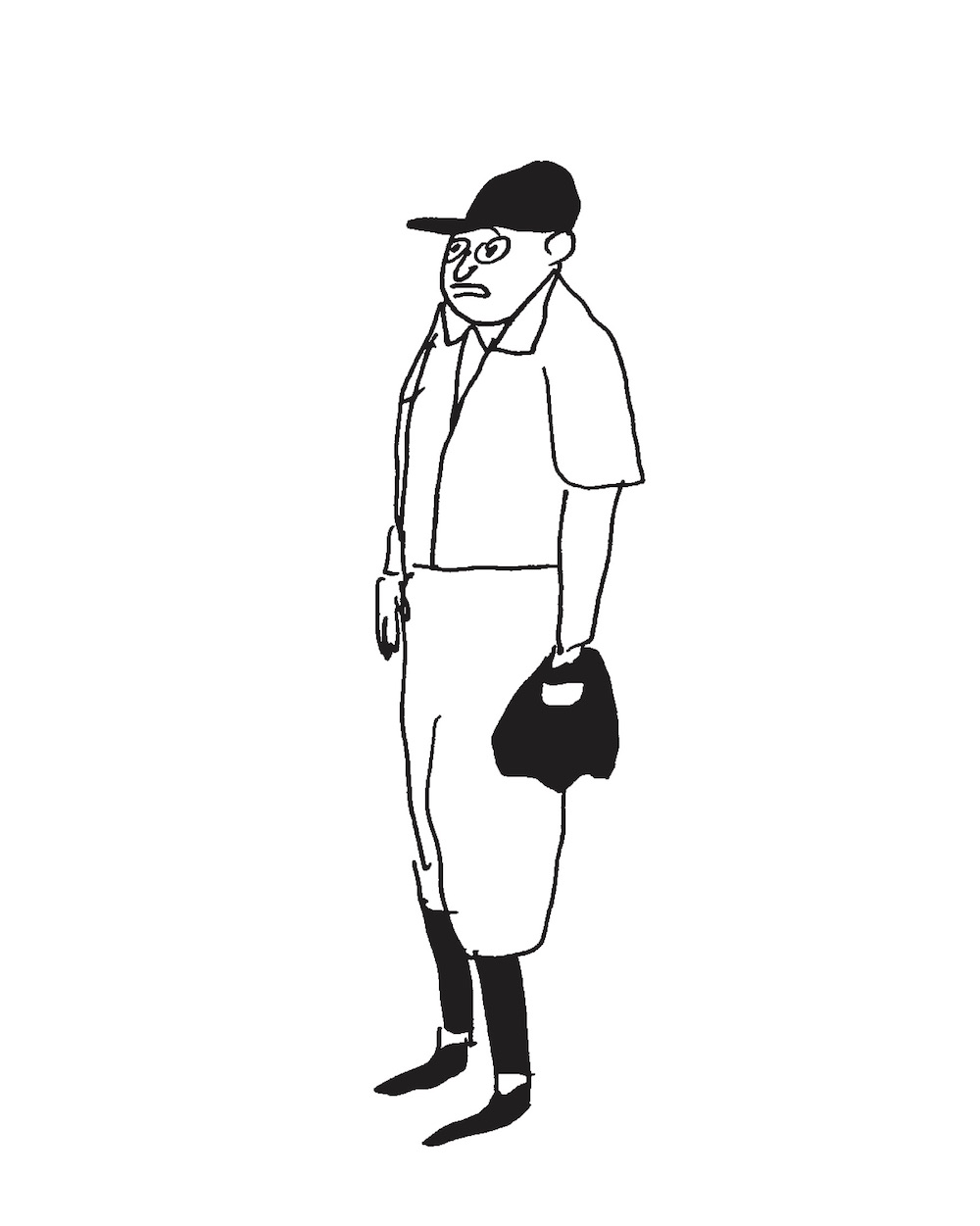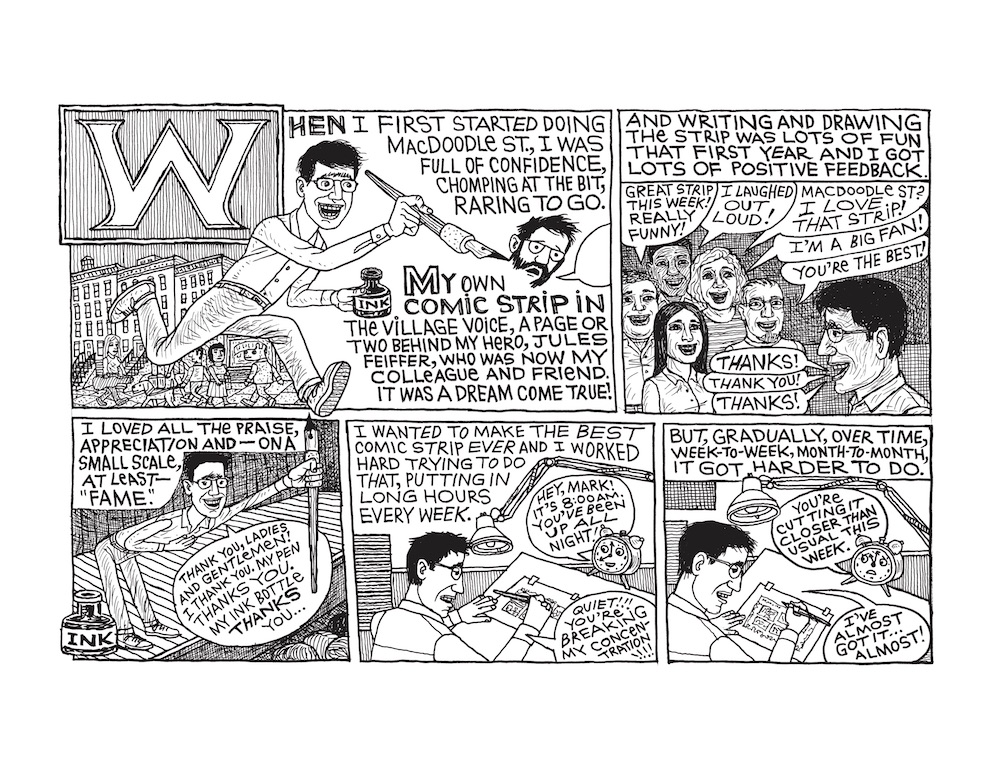After word got around in Lebanon that the government was planning to tax WhatsApp calls,Esther Moser thousands of people demonstrated in the streets of Beirut.
The plan was to impose a 20-cent fee for a person's first call of the day.
As Fortunereports, the Lebanese government is deeply in debt, and passed austerity measures in July to help remedy the situation. That began affecting the lives of Lebanon's citizens by, for example, threatening the pensions of retired soldiers. Additionally, some reportedly believe corruption is preventing the country from getting the aid it needs.
The proposed WhatsApp tax, as well as proposals to increase VAT and gasoline taxes, inflamed anti-government sentiments. That led to the demonstrations, in which protesters called for regime change and revolution.
WhatsApp is an extremely popular messaging service outside of the U.S., with 1.5 billion users worldwide. People in Lebanon reportedly use the free service frequently to make voice calls, since it is a low-cost way to stay connected. The reliance on the service is reportedly what struck a cord with protesters in Lebanon after weeks of tension.
On Friday, the Lebanese government reversed course and said no new taxes would be levied.
(Editor: {typename type="name"/})
 Downward-Facing Capitalist Dogma
Downward-Facing Capitalist Dogma
 On Believing by Hanif Abdurraqib
On Believing by Hanif Abdurraqib
 The Genius of Terry Southern by David L. Ulin
The Genius of Terry Southern by David L. Ulin
 There’s No Dying in Baseball by Jason Novak
There’s No Dying in Baseball by Jason Novak
 Against the Wind
Against the Wind
Old-School Organizing in the Heartland
 Interviews for Resistance
...[Details]
Interviews for Resistance
...[Details]
The Corner of ‘MacDoodle St.’ and Memory Ln.
 The Corner of MacDoodle St.and Memory Ln.By Mark Alan StamatyApril 4, 2019ComicsMark Alan Stamaty’sV
...[Details]
The Corner of MacDoodle St.and Memory Ln.By Mark Alan StamatyApril 4, 2019ComicsMark Alan Stamaty’sV
...[Details]
 The Artist-Activists Decolonizing the Whitney MuseumBy Daniel PennyMarch 22, 2019Arts & CultureP
...[Details]
The Artist-Activists Decolonizing the Whitney MuseumBy Daniel PennyMarch 22, 2019Arts & CultureP
...[Details]
Objects of Despair: Mars by Meghan O’Gieblyn
 Objects of Despair: MarsBy Meghan O’GieblynMarch 27, 2019Objects of DespairInspired by Roland Barthe
...[Details]
Objects of Despair: MarsBy Meghan O’GieblynMarch 27, 2019Objects of DespairInspired by Roland Barthe
...[Details]
What Philly’s DA Win Looked Like from the DJ Booth
 Marissa Johnson-Valenzuela ,May 25, 2017 L
...[Details]
Marissa Johnson-Valenzuela ,May 25, 2017 L
...[Details]
Staff Picks: Spells, Cephalopods, and Smug Salads by The Paris Review
 Staff Picks: Spells, Cephalopods, and Smug SaladsBy The Paris ReviewMarch 29, 2019This Week’s Readin
...[Details]
Staff Picks: Spells, Cephalopods, and Smug SaladsBy The Paris ReviewMarch 29, 2019This Week’s Readin
...[Details]
How I Began to Write by Gabriel García Márquez
 How I Began to WriteBy Gabriel García MárquezMarch 6, 2019Arts & CultureGabriel García Márquez d
...[Details]
How I Began to WriteBy Gabriel García MárquezMarch 6, 2019Arts & CultureGabriel García Márquez d
...[Details]
Staff Picks: Hauntings, Hollywood, and Home by The Paris Review
 Staff Picks: Hauntings, Hollywood, and HomeBy The Paris ReviewMarch 1, 2019This Week’s ReadingMaría
...[Details]
Staff Picks: Hauntings, Hollywood, and HomeBy The Paris ReviewMarch 1, 2019This Week’s ReadingMaría
...[Details]
 Merve Emre ,December 4, 2017 Reading like
...[Details]
Merve Emre ,December 4, 2017 Reading like
...[Details]
Wikipedia halts AI plans as editors revolt
 An experiment adding AI-generated summaries to the top of Wikipedia pages has been paused, following
...[Details]
An experiment adding AI-generated summaries to the top of Wikipedia pages has been paused, following
...[Details]
接受PR>=1、BR>=1,流量相当,内容相关类链接。